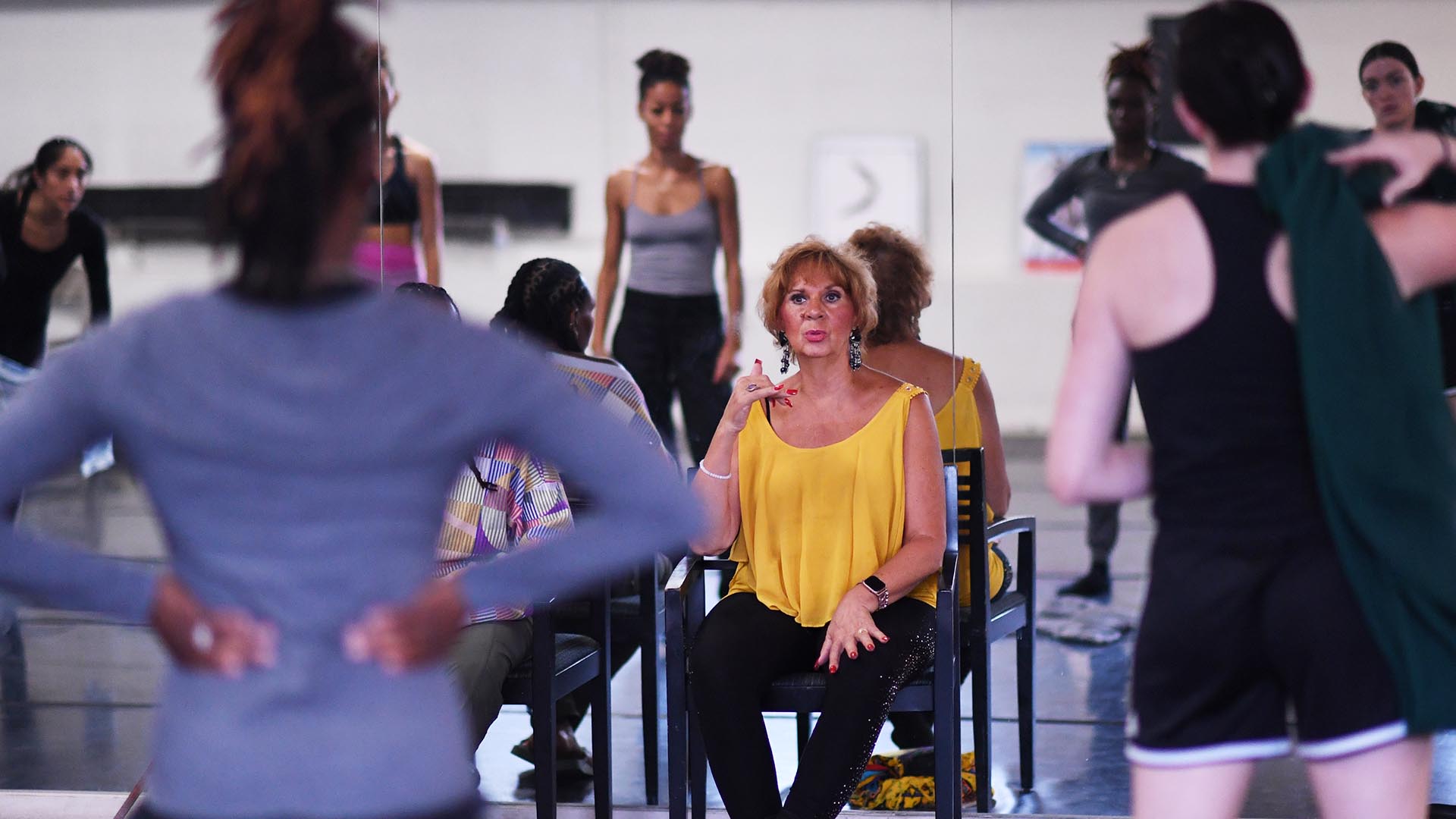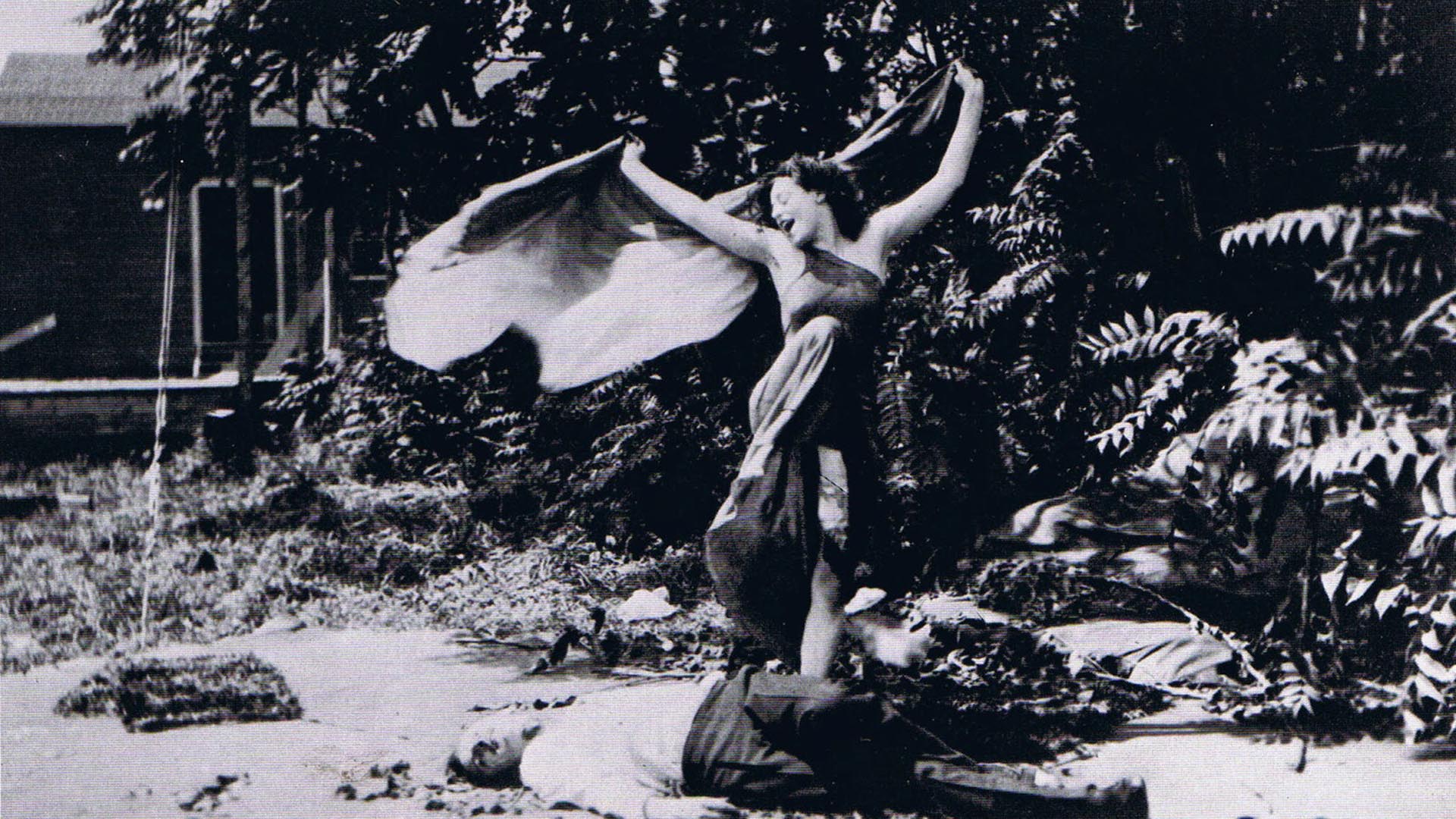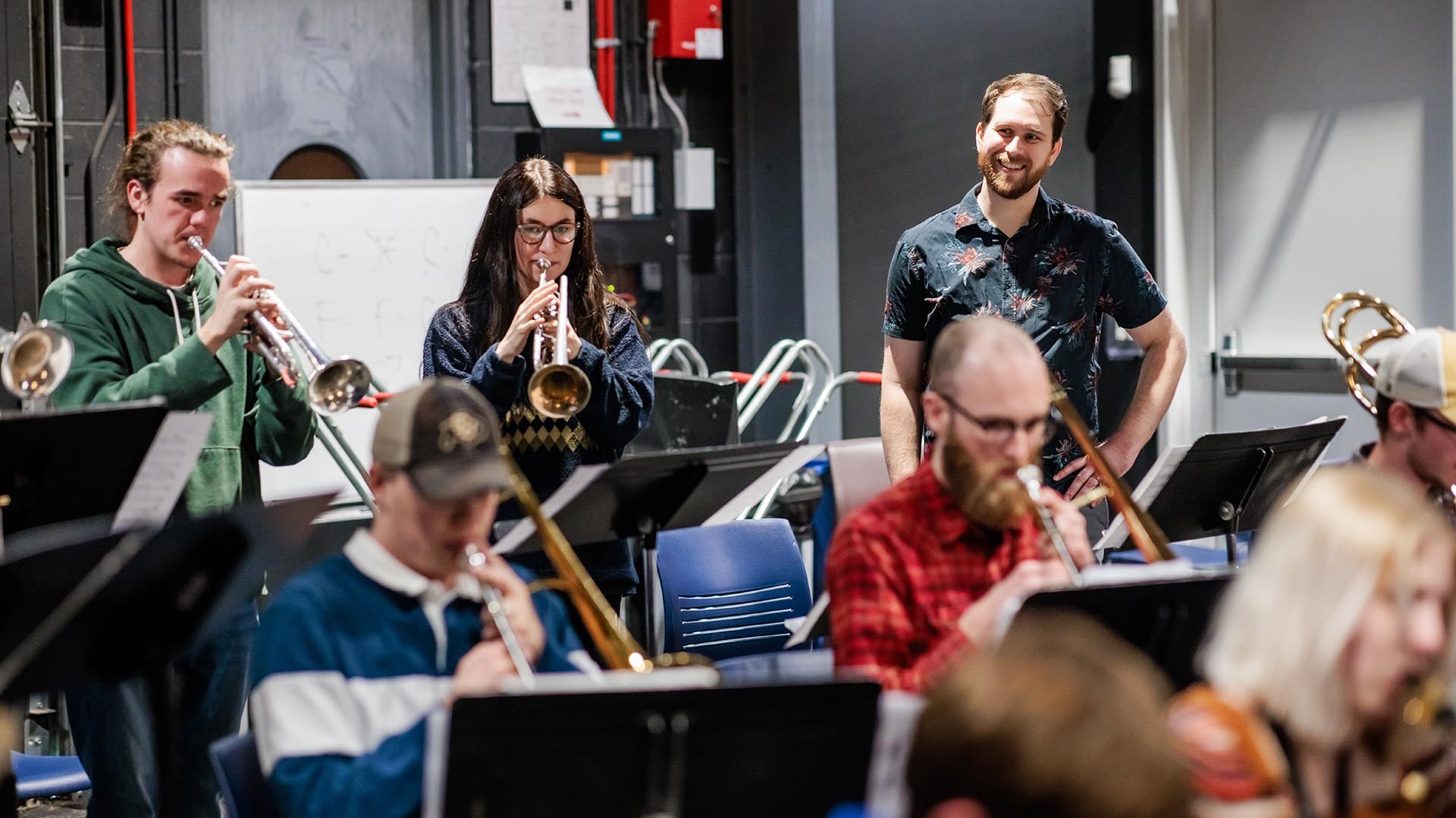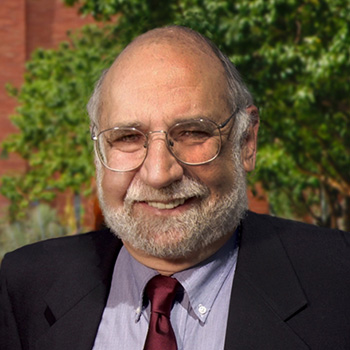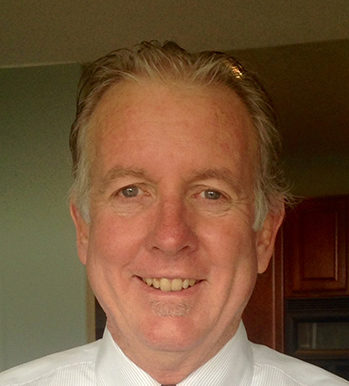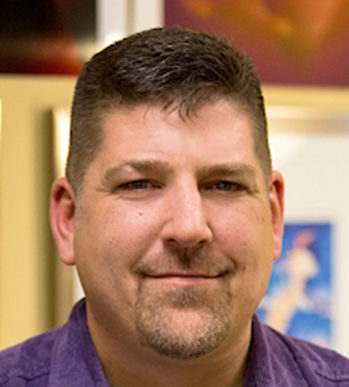All about perspective
Almost seven thousand miles from home, Egyptian professor Amany Bassyouny visited MSU Denver to teach, learn and share stories about her life.
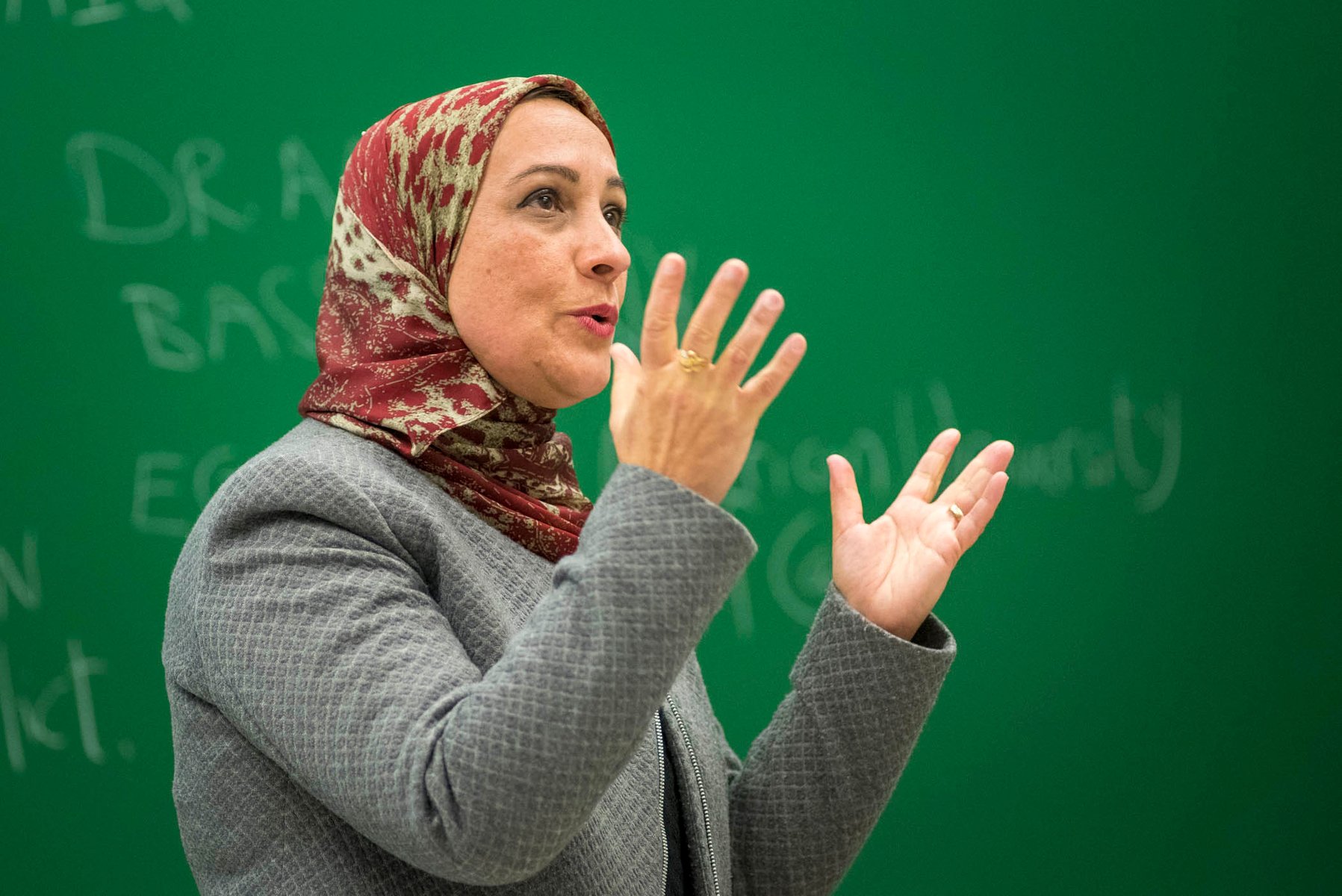
Professor Amany Bassyouny visited MSU Denver from Misr International University in Cairo in early February. She was invited to speak to classes at MSU Denver by Journalism and Technical Communication professor Shaun Schafer.
“Having Dr. Amany here allowed us to continue a long-standing relationship with Misr International University in Egypt and bring some sense of the outside world to our students,” said Schafer.
University life
Professor Bassyouny’s experiences in academia have shown students in both countries share many similarities. “Students are skeptical and they are passive in receiving information until they are asked to engage,” said Bassyouny.
She went on to say “most students [in Egypt] are females and they have top GPAs, but they don’t always pursue professional careers. They’ll go into teaching at universities or schools, sometimes language schools.”
Media and advertising
To say Professor Bassyouny is well-versed in journalism and media is an understatement. She has a bachelor of arts in mass communication, a master’s degree in advertising and public relations and a Ph.D. in mass communication. Her dissertation title: “The Communication Activities of Civil Society Institutions. Analytical study of public relations activities and their Role in the formation of public attitudes.”
With her extensive background, she is passionate about encouraging her media and advertising students to think bigger when it comes to public relations.
“For a graduation project, we shifted from an ad campaign to an integrated PR marketing campaign. The students made ads or public service announcements to increase awareness about things like fires and conserving water. They used marketing and communication tools to persuade public ideas, highlight problems with postpartum depression. There has been little information in the public to create awareness, educate about symptoms or ways to help mothers.”
She encouraged her students to take the same approach to public safety. “There were projects about first aid during accidents – what to do, what not to do. 60 percent of burn incidents in Egypt occur in houses from domestic burns. The students targeted those groups, housewives, and made a full campaign to provide instructions for avoiding fires in kitchens and households, as well as how to react. Two groups won second and third in a national competition.”
Outside of advertising and public relations, professor Bassyouny is also passionate about journalism. Another challenge not unique to the United States, Bassyouny said, “everyone is turning to social media. Newspapers are suffering because they cannot fund publishing when everything online is free, so the advertising rates are dropping.”
“In Egypt, it’s the same as in America. There are privately owned media channels and newspapers. They expose government corruption and propose different points of view than the government.”
Social media is also creating new ways for people, especially young people, to express themselves in Egypt. “Social media has been the driving power to create public opinion and influence public opinion. People can act together and stand together all for one position,” said Bassyouny.

Life in Egypt
On Jan. 25, 2011, an uprising took place in Tahrir Square that called for democracy and an end to police brutality. The revolution also ended President Hosni Mubarak’s 30-year rule.
“Tahrir Square is an icon of independence, freedom and victory … We didn’t want to resemble model or Iran or Saudi Arabia,” said professor Bassyouny.
She also shared her thoughts and experiences about social and historical change in Egypt, much of which resulted in the empowerment of women in all different fields.
“Young people have been living through changes for a long time … the majority of university staff members are women – at least 80 percent.”
“The backbone of society is the middle class,” said Bassyouny. They are highly-educated, college graduates — many are government employees. 70 percent of family revenue is spent on education just to give a family a better position. But they are suffering now because income is not equal to inflation. Families are funding everything from education to medical treatment, many without medical insurance.”
Health care in Egypt consists of both a public and private sector. Public health coverage is offered through the Ministry of Health. It operates a series of medical facilities that provide free services. Government hospitals are known for internal challenges.
“Development of urban cities, immigration from rural areas to cities, made Cairo over 20 million inhabitants. That put an enormous pressure on services. Some people were not well-educated, they took inferior jobs and it threatened the whole development process. Very few people have gotten enormously rich.”
One part of Egyptian life some American parents would argue is true in the states, professor Bassyouny said “we keep close monitoring for our children until they get married, whether that’s late twenties or early thirties.”
Professor Schafer says professor Bassyouny’s visit to MSU Denver “just seemed like a logical next step in the relationship between our two universities.” He is heading to Egypt for a two-week visit this week.


